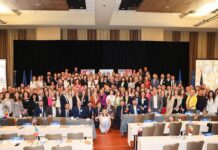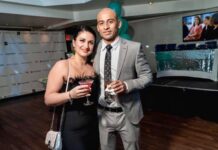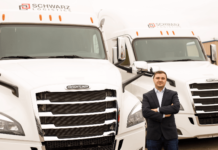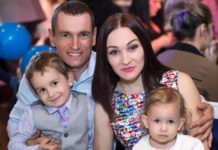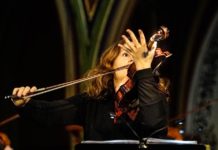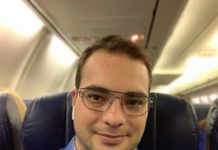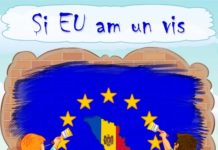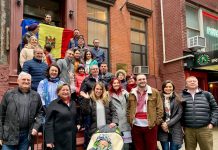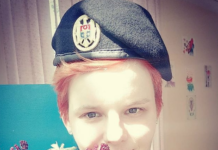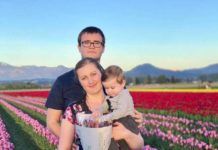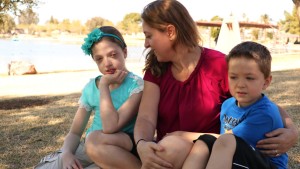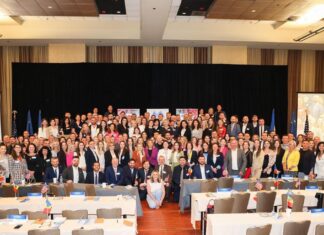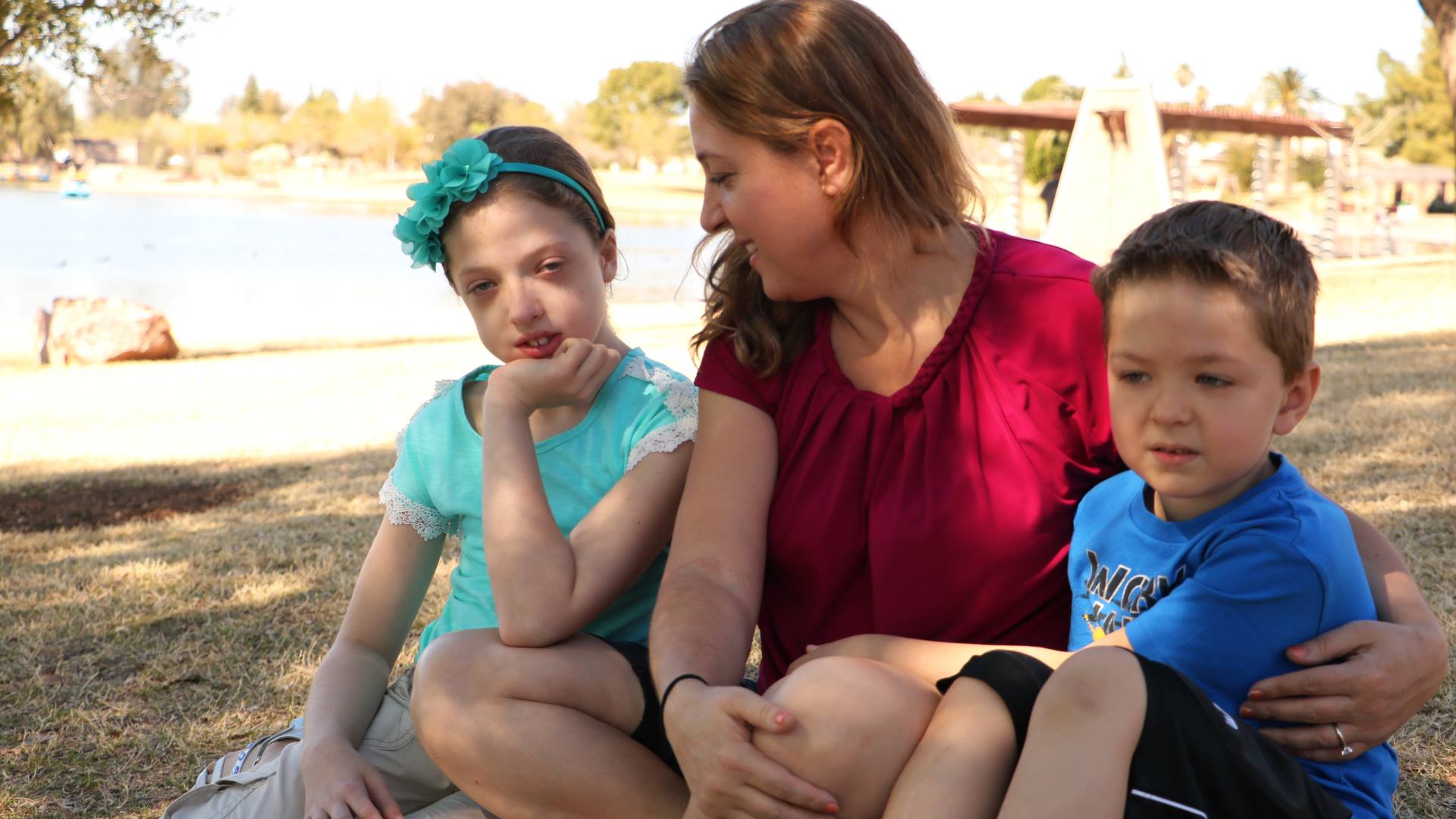
Aliona Tofilat Brewer, 39, moved to the U.S. from her native Moldova about 10 years ago to start a new life, with very little knowledge of English. So she had to work twice as hard to be able to graduate the nursing school at Prima Medical Institute in Phoenix and become a medical assistant.
Her journey started in a landlocked country in Eastern Europe, bordered by Romania to the west and Ukraine. There she met an American missionary who in eight years’ time became her husband.
They decided to move to Phoenix, but this was not an easy path. Because the U.S. Embassy in the Republic of Moldova denied her visa the first time, she decided to study English and get better prepared for the second interview.
She was the only one in her family who decided to go abroad. The rest remained home, but Aliona feels safer in the U.S. because of economic insecurity back home.
She is among 1 million Moldovan citizens — 30 percent of the population — who have emigrated overseas to find better lives.
It took over a year for her to be able to rejoin her husband in Phoenix. After 13 years of work and study in the U.S., she is happy to announce she will soon become an American citizen.
Her new medical-assistant job keeps Aliona active and energetic. Her patients at Michael McCauley Pain Center in Phoenix are very happy to interact with employees such as she.
Patient Barbara Andersen says America is an opportunity for everyone to get their freedom — not limited due to race, sexual orientation, or gender — and do the best of what internationals in this country are capable of doing.
Manager Kathleen McCauley is happy to have loyal and hardworking people like Aliona.
“The patients love her,” she said. “She brings all her talents, including humor and expertise.”
Medical needs: A starting point for community integration
Nursing in the U.S. is very advanced compared to back home, in terms of better quality of education and practice, Aliona says.
Her daughter Abby, born with the rare 22q11.2 deletion syndrome, has helped her better integrate into her American community and find out more about the struggles of children with disabilities.
She even registered a nonprofit, the Awareness Center, to work with other parents whose children are diagnosed with the same syndrome.
“These children have learning disabilities, heart defect, cleft palate recurring, ear infections, compromised immune system, scoliosis, sometimes behavioral problems, some of them have mental problems,” Aliona said.
Later in life, these children are at an increased risk of developing mental illnesses such as schizophrenia, depression, anxiety, and bipolar disorder, experts say.
As a medical assistant, she believes she can help raise awareness among doctors, since not too many specialists in the medical field know about the rare syndrome.
It took doctors five years to identify that Aliona’s daughter had this syndrome. Now she works at the Awareness Center to help people meet payments that medical insurance in U.S. does not cover.
“We provide financial and emotional support to the families with kids and adults that are diagnosed with 22q11,” Aliona explained. “As well, our center has a support group and meets the last Friday of each month to encourage one another.”
School system in U.S. expensive, but valuable
As an older daughter in Moldova, Aliona did not go to school, because traditionally, she had to take care of her ill parents.
She cannot even compare the two systems. In Moldova, she had no driver’s license, no job, and no secondary education.
Coming from a very traditional Orthodox background where sexuality is not even taught in public schools, she found the American school curriculum too liberal.
It’s even disappointed Aliona, who has strong religious beliefs and thinks sexuality should be a family-education matter.
This is the reason her two children being raised in Phoenix go to a private school and get the opportunities that she missed in Moldova.
In her opinion, private schools play a better role in children’s education, and better integrate children with mental disabilities, even if the cost is higher.
What she values most about the American school system is its openness to children with disabilities and the efforts of teachers to help them achieve their potential.
“The educational resources are rich, and fewer children are better integrated in classes,” she said. “I am happy that those who have learning disabilities have fewer requirements and still graduate school.”
Hopeful for her country of origin
After Moldova’s breakup from the USSR in 1991, energy shortages, political uncertainty, trade obstacles and weak administrative capacity contributed to the decline of its economy.
Still, Aliona has made her decision not give up her Moldovan citizenship, hoping the economic situation in her country of origin will get better. She hopes it will someday join the European Union.
In the meantime, she is sure she will participate in the American presidential elections this year.
“There are many opportunities in U.S.,” she said. “Even if the studies are extremely expensive, the jobs are well paid and I am able to afford many other professional development and even enroll my two children at a private school.”


